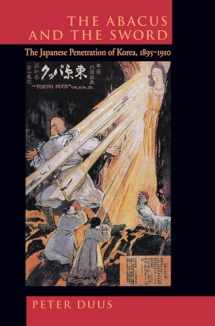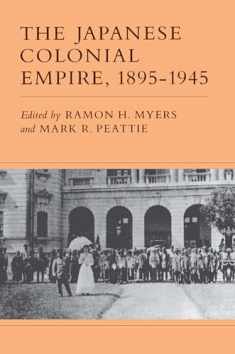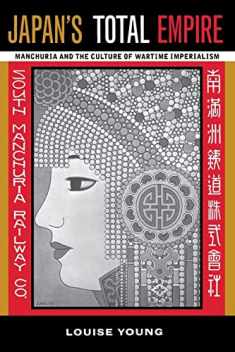
The Abacus and the Sword: The Japanese Penetration of Korea, 1895-1910 (Twentieth Century Japan: The Emergence of a World Power) (Volume 4)
Book details
Summary
Description
What forces were behind Japan's emergence as the first non-Western colonial power at the turn of the twentieth century? Peter Duus brings a new perspective to Meiji expansionism in this pathbreaking study of Japan's acquisition of Korea, the largest of its colonial possessions. He shows how Japan's drive for empire was part of a larger goal to become the economic, diplomatic, and strategic equal of the Western countries who had imposed a humiliating treaty settlement on the country in the 1850s.
Duus maintains that two separate but interlinked processes, one political/military and the other economic, propelled Japan's imperialism. Every attempt at increasing Japanese political influence licensed new opportunities for trade, and each new push for Japanese economic interests buttressed, and sometimes justified, further political advances. The sword was the servant of the abacus, the abacus the agent of the sword.
While suggesting that Meiji imperialism shared much with the Western colonial expansion that provided both model and context, Duus also argues that it was "backward imperialism" shaped by a sense of inferiority vis-à-vis the West. Along with his detailed diplomatic and economic history, Duus offers a unique social history that illuminates the motivations and lifestyles of the overseas Japanese of the time, as well as the views that contemporary Japanese had of themselves and their fellow Asians.


We would LOVE it if you could help us and other readers by reviewing the book
Book review





